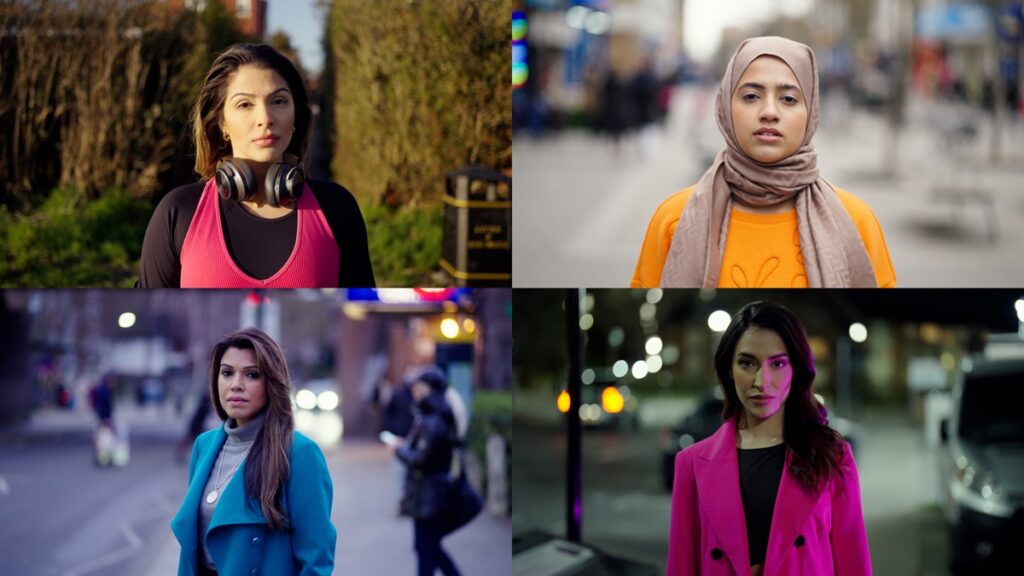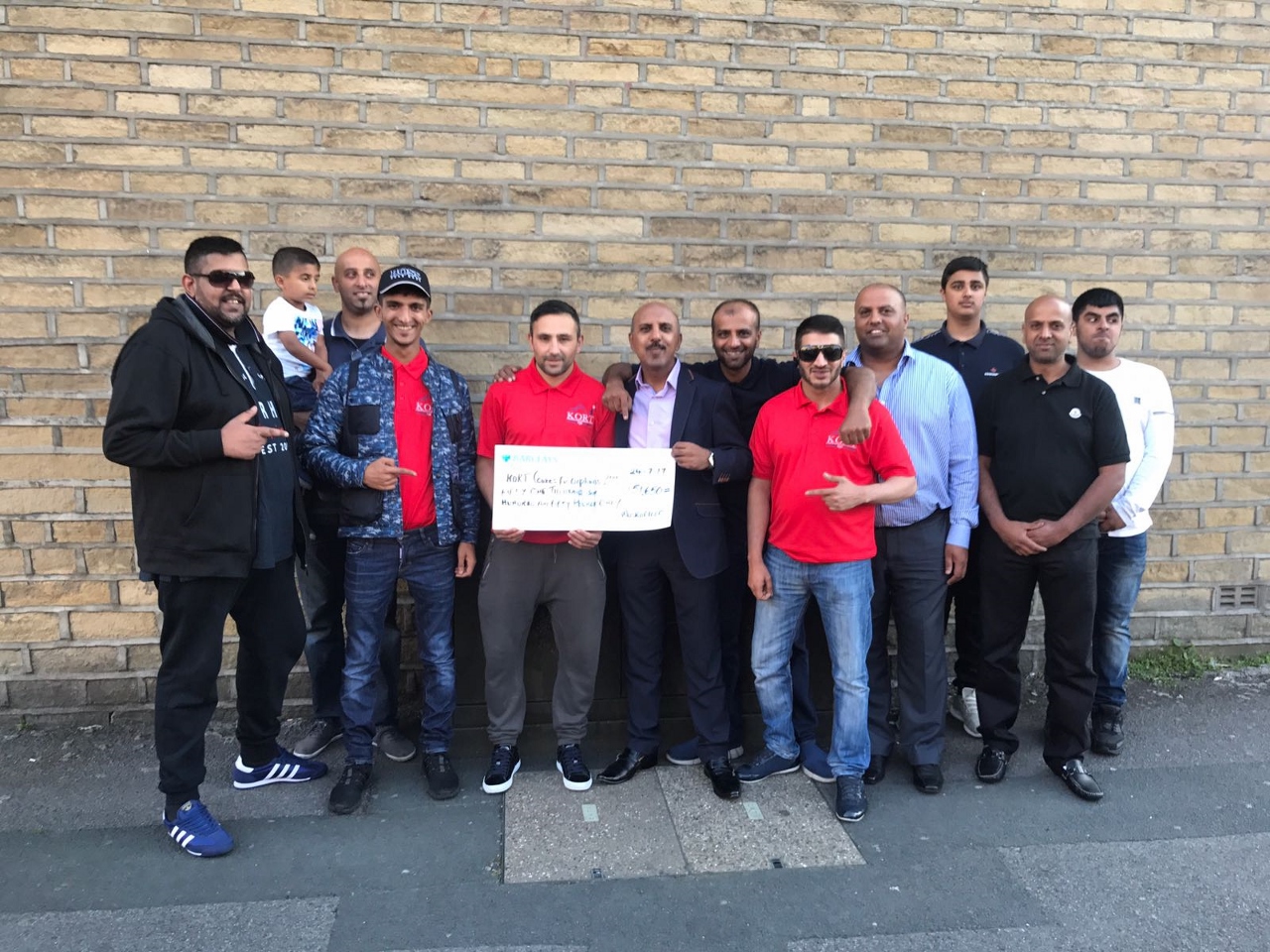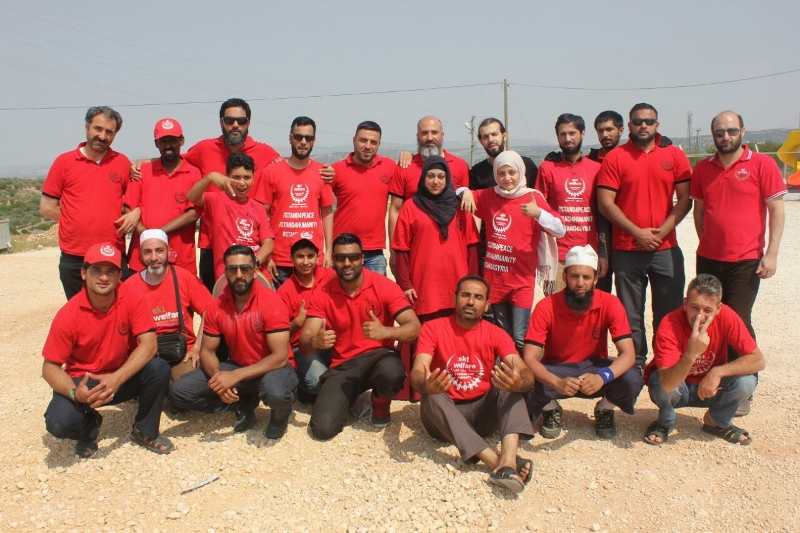
Hair care brand Vatika UK continues to advocate women empowerment by challenging sexist and misogynistic behaviour patterns
A new campaign aims to highlight and initiate conversations around public street harassment, entitled #UntieYourFears.
Public Street harassment (PSH) is a form of harassment that is directed at someone in a public space without their consent.75 per cent of girls in the UK, some as young as 12, have experienced some form of public harassment in their lifetime.
A shocking 97 per cent of 18-24 year olds have been sexually harassed in public, while 80 per cent of women of all ages in the UK have experienced public sexual harassment.
Public street harassment is not limited to actions or comments that have sexual connotations. It often includes homophobic and transphobic slurs and hateful comments regarding disability.
Recipients include people of all genders but women are more commonly victims of harassment by men. Furthermore, South Asians frequently experience various forms of abuse, including insults based on their race, religion or ethnicity.
However, reporting rates in South Asian communities are statistically lower due to a number of cultural norms that exist, inhibiting people from coming forward. There is also a clear lack of awareness and understanding of what constitutes harassment and sexual abuse and when it manifests in casual forms we often let it pass as a societal norm.
Common forms of street harassment
- unwanted sexualised comments
- provocative gestures
- staring
- stalking
- beeping the horn
- wolf-whistling
- indecent exposure
- persistent sexual advances
- touching or grabbing by strangers
The impact and consequences of public sexual harassment can often be long term for the victims, feeling fear, anxiety, panic and depression after long periods of being exposed to harassment. This often forces victims to change habits by avoiding night time socialising; changing their clothes to look more masculine; wearing their hair up; and even changing jobs or moving home.
The British government has now backed a law that will criminalise sexual harassment in the streets, introducing a bill that will make it a specific offence.
Vatika UK’s #UntieYourFears campaigns’ central message is to empower women; raise awareness to identify different scenarios of street harassment; encourage women to share their experiences; start conversations; and advocate the public call out this behaviour when witnessed on the streets.
Watch the #UntieYourFears Video here:
Speaking about the #UntieYourFears campaign, Zakir Mansoori, Business Head UK & Europe,
Dabur International says: “Women empowerment and gender equality are central brand
missions for us at Vatika UK.
“It is unacceptable that, in modern society, public harassment targeting women or persons based on their race, religion, ability, sexual or gender identity is as commonplace and normalised as it is.
“Our aim with the #UntieYourFears campaign is to call out public harassment that has become so casually entrenched in daily life. Its consequences can be long term and far reaching for victims, and perpetrators need to know that this is intolerable behaviour.
“As a society, we need to call out this behaviour when we see it; we need to stand in solidarity with women and recipients of public harassment; and we need to start having these conversations to bring a stop to this behaviour.”
Says Roshni Singh, Marketing Manager UK & Europe, Dabur International, “Women and all
victims of public harassment need to feel secure and empowered through societal solidarity and
support.
“Each and every one of us has a duty to condemn this behaviour when we witness it on
our streets. Women and any group in society should never have to adjust their public appearance or behaviour to avoid unwarranted and unsolicited attention and harassment.
“It is the perpetrators that need to stop this behaviour. Enough is enough! We hope that our #UntieYourFears campaign will help shed further light on this issue and for people to start having these conversations to ensure we work towards eradicating public harassment from our streets.”
The #UntieYourFears campaign features four videos specifically highlighting common forms of public sexual harassment:
- catcalling, usually sexual in tone and manner, that is a form of objectification and intimidation;
- unwanted touching of a person’s hair, body or clothing;
- intrusive staring or persistent leering that is sexual in nature;
- unwanted pressing against another person in a sexual manner unwanted physical contact.
The videos depict four South Asian women in everyday scenarios in which they experience these forms of harassment: commuting to work; a night out socialising; going for a jog; and shopping in town.
Join the conversation:
#UntieYourFears #SayNoToStreetHarassment #EveryStrandTellsAStory
Learn more @VatikaUK















